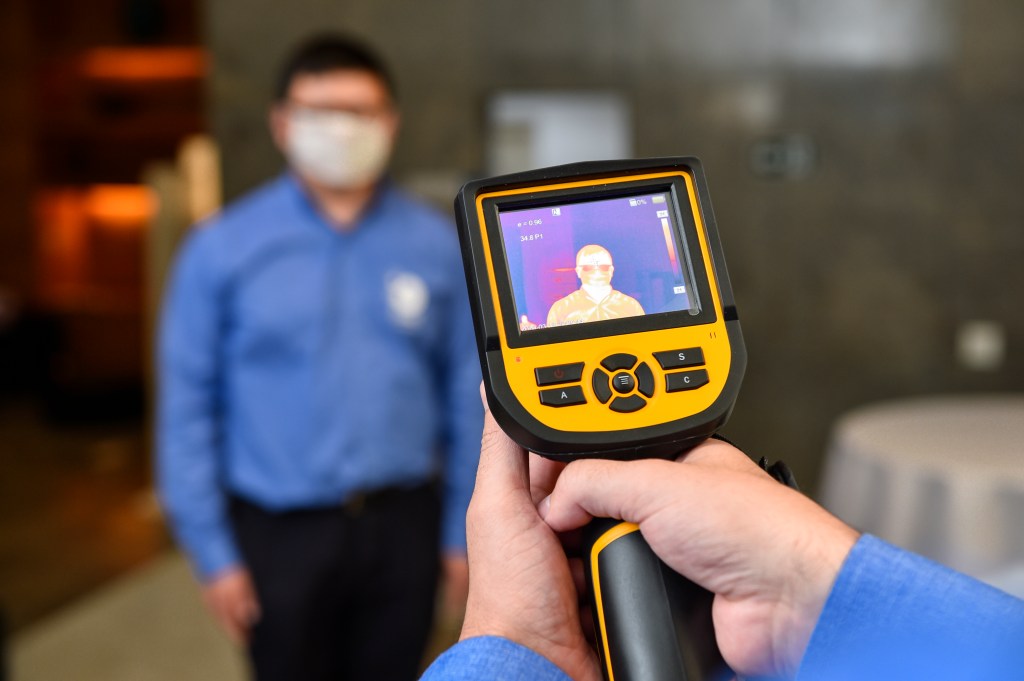With capital raises in digital health globally predicted to reach US$600 billion by 2025, and $500 million in disclosed raises in Australia last year alone, an inevitable transformation in healthcare is underway.

With capital raises in digital health predicted to reach US$600 billion globally by 2025, and $500 million in disclosed raises in Australia last year alone, an inevitable transformation in healthcare is underway.
Digital health and med tech companies are currently creating solutions to enable individuals to be digitally empowered and have more control of their health journey and receive seamless healthcare. Patient health data will be interconnected, private, predictive and preventative. AI technology will automatically analyse health data, in real-time, and prompt for adjustments including diet, exercise, sleep, medication or procedures. The data will be owned by the patient and, with consent, information can be shared with healthcare professionals working collaboratively to improve health outcomes. Everyday fitness devices like smart watches will also detect digital biomarkers and inform health care professionals when medical care is required, and potentially prevent disease.
With the pandemic, we have seen some progress towards this digital transformation in Australia, with the adoption of virtual consults, home delivery of medications and efficiency tools, such as medication reminders, symptom trackers and clinician directories.
Despite these advances, there is still a large unmet need, with many patients experiencing delays with diagnosis and adequate treatment. This is compounded by ignored symptoms, incorrect referrals and long waiting periods due to capacity issues with the existing Australian healthcare system. The transformation we are about to undergo will address these issues and improve healthcare to standards never experienced before.
The major digital health trends driving this transformation are:
Digital biomarkers obtained through wearables and other sensors that detect changes in body temperature, eyes, odour, heart rate, respiratory rate, movement and balance, together with analog biomarkers, such as biochemical changes in blood that can predict signs of disease without needing to physically see a doctor.
Medication sensors that detect when medications, such as tablets or injections, have been collected, delivered and administered can be used to notify patients and their carers and doctors of upcoming or missed doses.
AI and machine learning applications that analyse health data, such as digital and analog biomarkers and medication sensors, along with traditional sources of medical data. Health data can be analysed in real-time using cloud-based solutions, utilising algorithms co-created by medical experts and thought leaders to determine when intervention is required, directing the patient to the right healthcare professional. With consent, doctors may monitor patients remotely, negating the need for patients to travel to hospital or their healthcare institute.
Patient health data including that described above, will be protected by blockchain technology, owned by the patient and, with consent, be shared with their healthcare professionals for their wellbeing, but also health authorities and academic institutions for population health research.
However, with a transformation this large, there are still barriers that need to be overcome in Australia, as well as globally. Some healthcare institutions are still evolving to electronic medical records, with the majority now focussing on interoperability to enable meaningful healthcare data to be shared between institutions. Policy and governance frameworks will also be required to protect patient data and safety. Locally, this will require collaboration with healthcare professionals, patients, advocacy groups, policy makers and innovators and funding bodies to pave the way forward.
Dr Sophia Moscovis is a scientist with a PhD in Immunology and more than 10 years experience in digital transformation, digital health solutions, strategy and innovation in commercial and medical roles.